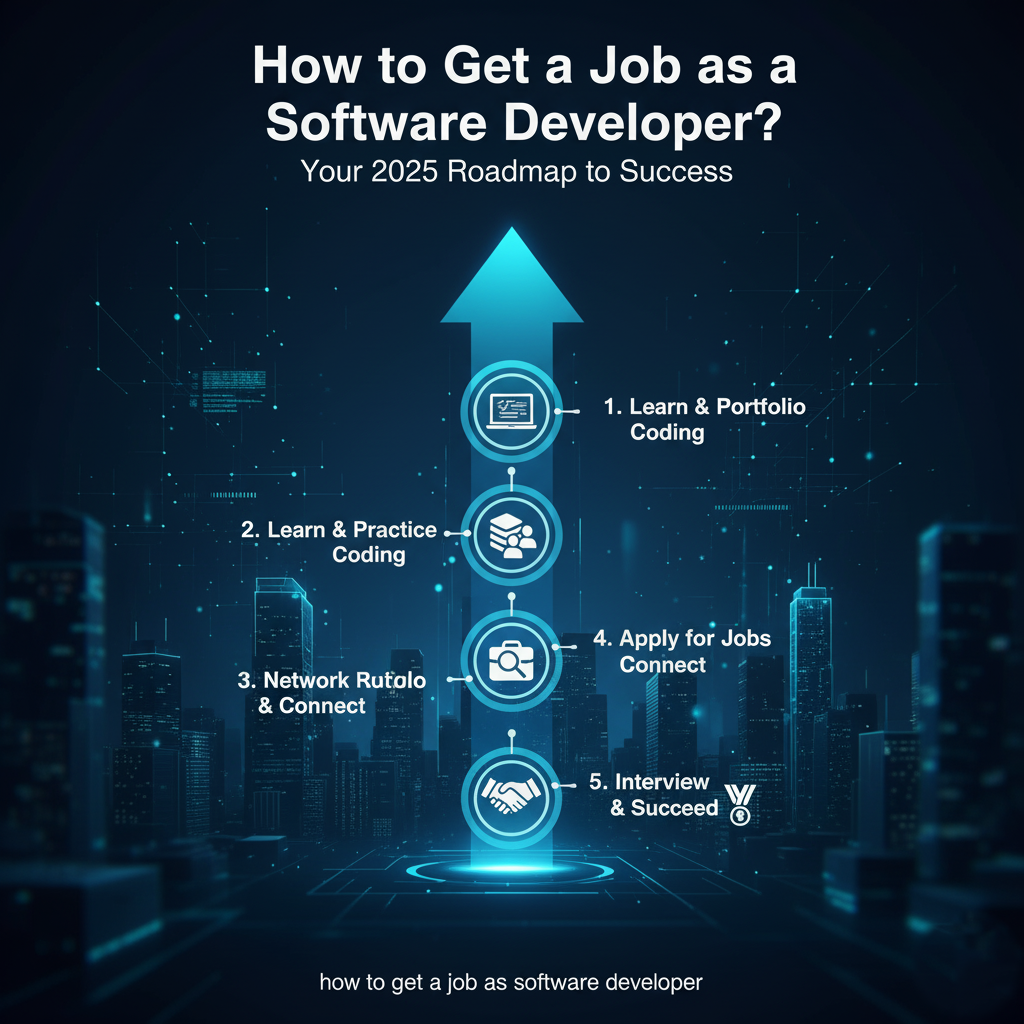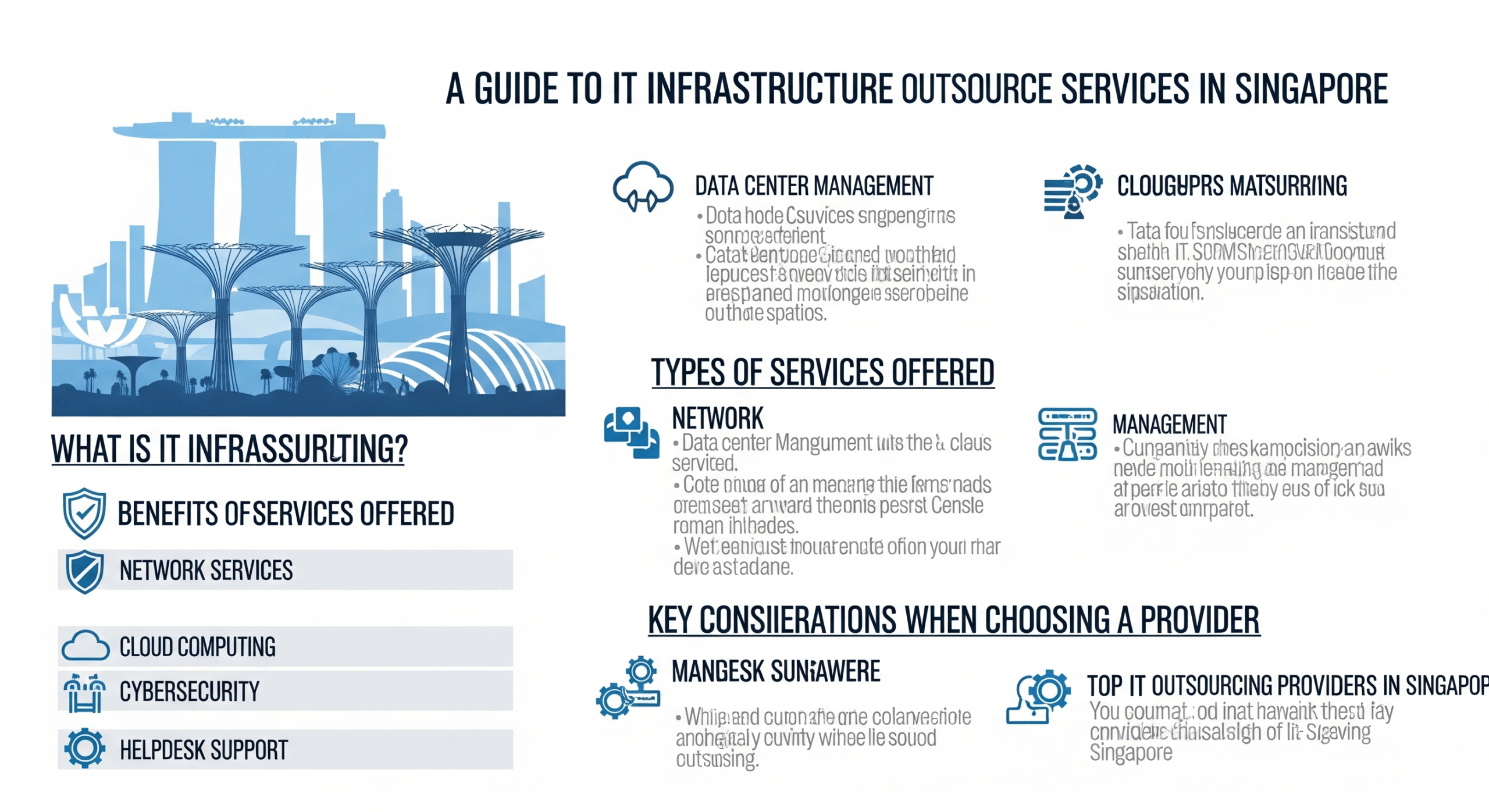The demand for software developers continues to grow, but breaking into the field can feel overwhelming. With the right strategy, landing your first developer job is absolutely achievable. This comprehensive guide walks you through exactly how to get a job as a software developer, from building your skills to negotiating your offer.
1. Assess Your Starting Point and Set Realistic Goals
Before diving in, honestly evaluate your current situation:
- Background: Are you a recent graduate, career changer, or self-taught programmer?
- Skills Gap: Compare your abilities against typical job descriptions
- Timeline: Set achievable milestones (3-12 months is typical for dedicated learners)
Action Step: Research 10-15 job postings for roles you’re targeting. Note the common requirements and identify where you need to improve.
2. Build the Right Skills Employers Actually Want
While specific technologies vary, these fundamentals are universally valued:
Technical Must-Haves:
- Programming Fundamentals: Data structures, algorithms, and object-oriented programming
- Version Control: Git and GitHub proficiency
- Basic Command Line Skills: Navigating filesystems and running commands
- Debugging: Systematic problem-solving approaches
Specialization Choices:
- Web Development: JavaScript, React, Node.js
- Mobile Development: Swift (iOS), Kotlin (Android)
- Data Science: Python, SQL, machine learning basics
Soft Skills That Matter:
- Clear communication (especially explaining technical concepts)
- Problem-solving and logical thinking
- Collaboration and teamwork
3. Create a Portfolio That Stands Out
Your portfolio is your most powerful marketing tool. Quality trumps quantity every time.
Portfolio Essentials:
- 3-5 Strong Projects: Choose projects that demonstrate different skills
- Live Demos: Every project should be deployed and functional
- Clean Code: Your GitHub should showcase readable, well-structured code
- Detailed READMEs: Explain what each project does, why you built it, and how to run it
Project Ideas That Impress:
- Full-stack applications with user authentication
- APIs that solve real problems
- Contributions to open-source projects
- Mobile apps with practical functionality
4. Master the Job Search Process
Optimize Your Application Materials:
- Résumé: Focus on achievements and impact, not just responsibilities. Use action verbs and quantify results where possible.
- Cover Letters: Customize each letter to show genuine interest in the company
- LinkedIn Profile: Complete all sections, especially projects and skills endorsements
Where to Find Opportunities:
- LinkedIn Jobs and company career pages
- AngelList for startup positions
- Local tech meetups and networking events
- Referrals from your growing network
Application Strategy:
- Aim for 10-15 quality applications per week rather than mass applying
- Tailor your materials for each position
- Follow up strategically 7-10 days after applying
5. Ace the Technical Interview Process
Preparation Phases:
- Weeks 1-2: Review data structures and algorithms
- Weeks 3-4: Practice coding challenges on LeetCode and HackerRank
- Ongoing: Practice explaining your thought process out loud
Interview Types and How to Prepare:
- Technical Screening: Usually involves coding challenges – practice under time constraints
- Pair Programming: Demonstrate problem-solving and communication skills
- System Design: Show how you approach complex problems (even for junior roles)
- Behavioral Questions: Prepare stories using the STAR method (Situation, Task, Action, Result)
6. Navigate Offers and Negotiations
Evaluate Offers Holistically:
- Base salary and bonus structure
- Equity/stock options (understand the value)
- Benefits: health insurance, retirement matching, professional development budget
- Work-life balance: vacation time, remote work options, flexible hours
Negotiation Tips:
- Research typical salaries for your location and experience level
- Practice your negotiation conversation beforehand
- Focus on collaborative language (“I’m excited about this opportunity, and based on my research…”)
- Consider the entire package, not just salary
7. Succeed in Your First 90 Days
Once you’ve accepted an offer, your focus shifts to proving yourself:
Onboarding Success Strategies:
- Take thorough notes during orientation
- Ask thoughtful questions (but try to find answers independently first)
- Seek feedback regularly from your manager and teammates
- Focus on understanding the codebase and development processes
Building Relationships:
- Schedule coffee chats with colleagues across different teams
- Find a mentor who can provide guidance
- Contribute to team discussions and meetings
Alternative Pathways to Consider
If the traditional job search isn’t working, consider these options:
Apprenticeships and Internships:
- Many companies offer paid apprenticeships specifically for career changers
- Internships aren’t just for students – some companies offer them for beginners
Contract and Freelance Work:
- Build experience through smaller projects on platforms like Upwork
- Often leads to full-time opportunities
Open Source Contributions:
- Demonstrate your skills while building your network
- Great for filling resume gaps and gaining real-world experience
Conclusion
Landing your first software developer job requires persistence, but thousands of people make this transition successfully each year. The key is consistent, focused effort on building skills, creating strong portfolio pieces, and networking strategically.
Remember that rejection is part of the process—each “no” brings you closer to the right “yes.” Start today by working on one small piece of this roadmap, whether it’s updating your LinkedIn profile or building a new portfolio project.
Your future as a software developer is waiting to be built—line of code by line of code, connection by connection, and interview by interview.
Frequently Asked Questions (FAQ)
Do I need a computer science degree to get a developer job?
No. While degrees are valuable, many employers prioritize demonstrable skills and experience. Bootcamps, self-study, and portfolio projects can effectively showcase your abilities.
How many applications should I send before expecting results?
The average job search involves 50-100 applications, but quality matters more than quantity. Focus on tailoring your applications rather than mass applying.
What’s the most important part of my application?
Your portfolio and GitHub profile often carry more weight than your résumé, especially for entry-level positions. Ensure they showcase your best work.
Should I apply for jobs if I don’t meet all the requirements?
Yes! Job descriptions often describe the ideal candidate. If you meet 60-70% of the requirements, apply anyway. Many companies are willing to train the right person.
How do I stay motivated during a long job search?
Set small weekly goals, celebrate small wins, join coding communities for support, and remember that every rejection brings you closer to the right opportunity.




